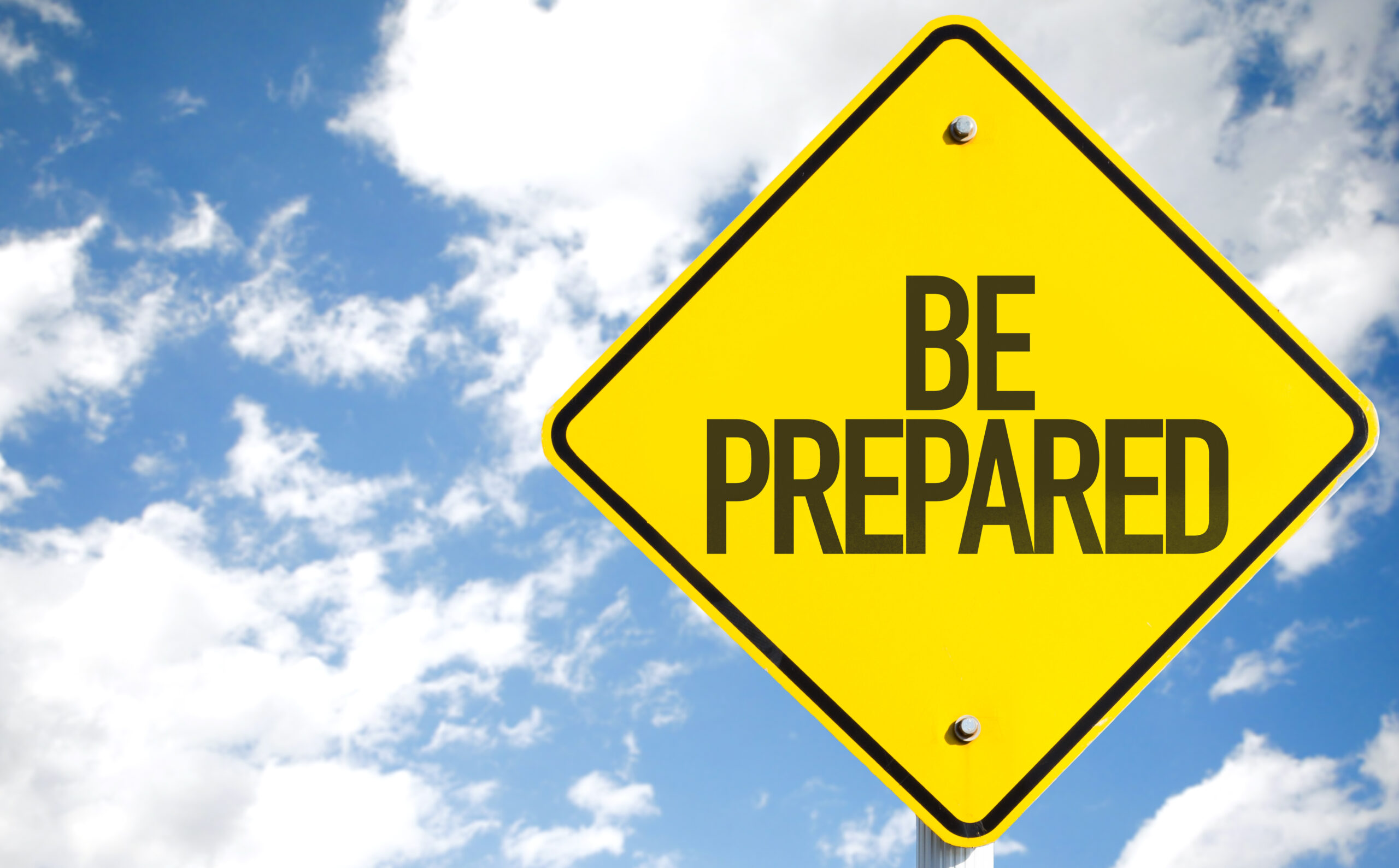
As a business owner, you’ve learned to expect the unexpected. But sometimes, the unexpected quickly becomes dangerous. Natural gas or carbon monoxide leaks, power outages, and downed power lines are all emergencies you may encounter while running your business. Knowing what to do in these situations can be the difference between a routine day and a disaster. Read on to learn emergency energy tips.
Gas Leak
When used correctly, natural gas is a safe, efficient power source, but it is flammable. A natural gas leak in your business can cause potential fires, and inhaling the gas can cause natural gas poisoning.
To detect a natural gas leak, you first need to know the signs:
- The smell of rotten eggs.
- Hissing sounds in pipes or appliances.
- Bubbles in any standing water outside your business.
- Dead or dying plants inside or outside your business.
- Unexpected increased gas usage on your energy bill.
- Symptoms including headaches, dizziness, fatigue, nausea, and irregular breathing.
If you experience any of the above signs, do the following:
- Evacuate your business and move outside, at least 300 feet away from the building – do not open windows or close doors.
- Once safely outside, call your local utility.
- Seek medical attention if experiencing any of the physical symptoms above.
Do NOT do any of the following if you suspect a gas leak:
- Use electrical switches, telephones, or appliances.
- Smoke or use lighters/matches.
- Turn off your gas meter.
- Start any motors or vehicles near your business.
Ensure all staff are trained to recognize the signs of a gas leak and know how to respond effectively in the event of one.
Carbon Monoxide Leak
Carbon monoxide is an odorless, colorless gas. Usually, small amounts of carbon monoxide from heating units vent outside. However, inadequate ventilation or leaks can lead to carbon monoxide accumulating faster than it disperses and cause carbon monoxide poisoning – which can be deadly. The Centers for Disease Control and Prevention (CDC) reports at least 420 people die in the U.S. from accidental carbon monoxide poisoning each year.
All businesses should be equipped with carbon monoxide detectors – however, there may be cases where the detectors are malfunctioning, broken, or have dead batteries. In these cases, you wouldn’t know there was a carbon monoxide leak until it’s too late. The National Fire Protection Association recommends you test your carbon monoxide detectors once a month.
Potential signs there may be a carbon monoxide leak include:
- Floppy yellow or orange flame on your gas stove or oven, rather than a crisp blue flame (if applicable).
- Dark, sooty staining on or around gas appliances.
- Pilot lights that frequently blow out.
- Increased condensation inside windows.
- Any employees experiencing headaches, dizziness, nausea, breathlessness, or loss of consciousness, specifically at work.
If you suspect a carbon monoxide leak:
- Leave the building to get fresh air right away.
- Call 911 and alert them of anyone with possible carbon monoxide poisoning.
- Call your local utility.
Power Outage
Power outages are common – and most of the time, they’re no big deal. However, staying prepared for a power outage can keep your business running smoothly and your employees and customers safe.
Stay prepared for a power outage by making an emergency kit filled with:
- LED flashlights
- Batteries
- Water bottles
- Non-perishable foods
- Blankets
- A first aid kit
- Emergency phone numbers
- Alternative chargers for your electronic devices
If a power outage does occur:
- Make sure employees/customers don’t attempt to use elevators or escalators.
- Disconnect appliances and equipment to protect from energy surges.
- Keep doors and refrigeration equipment closed until power is restored.
- Call your local utility to report the outage.
Downed Power Lines
When a storm or accident occurs, power lines may go down. This can be extremely dangerous, as touching power lines can cause severe injury or death. If there’s a downed power line near your business, follow these emergency energy tips:
- Stay at least 30 feet away from downed power lines and anything they’re touching.
- Do not stand near or under damaged trees or poles caught in power lines.
- Do not drive or walk over downed power lines.
- Call 911 and the local power company.
By reading and following these emergency energy tips, you can be prepared for anything and help keep your employees, customers, and community safe! At UGI EnergyLink, your safety is our priority. If you have any questions about what to do in the event of an energy emergency, please contact us.